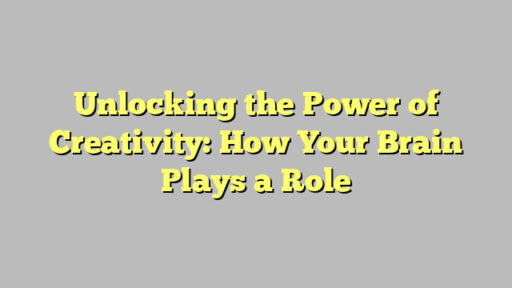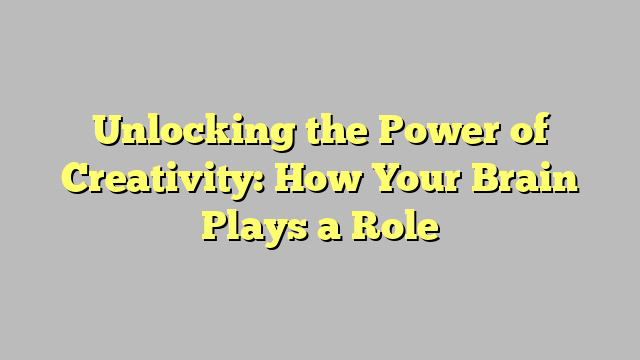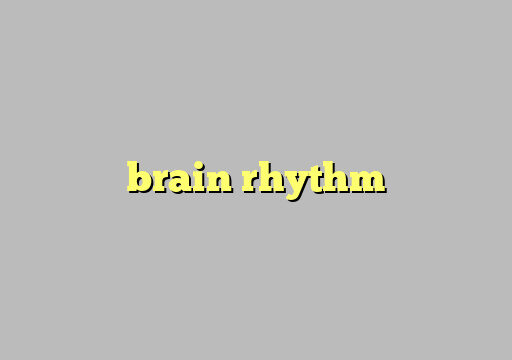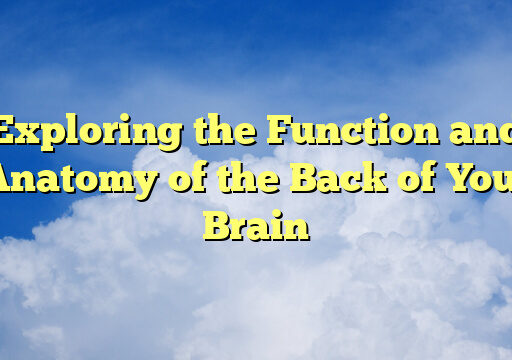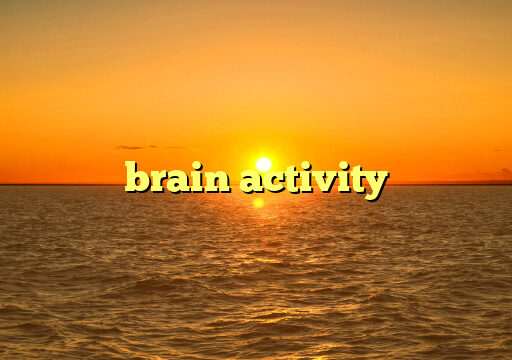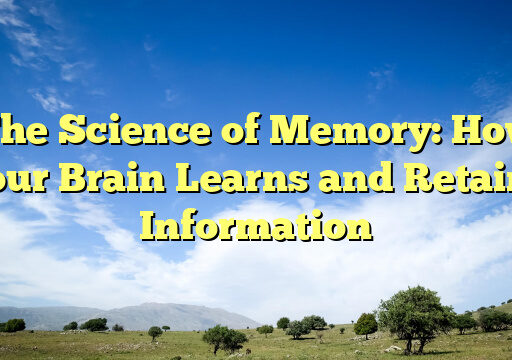Creativity is a powerful force that drives innovation, problem-solving, and self-expression. Whether you're an artist, a scientist, a writer, or an entrepreneur, tapping into your creative potential can lead to breakthrough ideas and success in your chosen field.
But how exactly does creativity work? And what role does your brain play in the creative process? In this article, we'll explore the fascinating connection between creativity and the brain, and how understanding this relationship can help you unlock your full creative potential.
The Creative Brain
Research has shown that creativity involves a complex interplay of various brain regions and processes. One key component of the creative process is divergent thinking, which is the ability to generate a wide range of ideas and solutions to a given problem. This type of thinking is associated with increased activity in the prefrontal cortex, the part of the brain responsible for complex cognitive functions such as decision-making, problem-solving, and planning.
Another crucial aspect of creativity is the ability to make connections between seemingly unrelated ideas or concepts. This process, known as associative thinking, relies on the brain's ability to form and strengthen neural connections through a process called neuroplasticity. By actively seeking out new experiences, learning new skills, and exposing yourself to different perspectives, you can enhance your brain's ability to make novel connections and foster creativity.
Creative Blocks and How to Overcome Them
While creativity is a natural human ability, many people experience creative blocks that hinder their ability to generate new ideas or solutions. These blocks can be caused by a variety of factors, including stress, anxiety, fear of failure, and self-doubt. Fortunately, there are several strategies you can use to overcome creative blocks and unleash your creative potential:
- Practice mindfulness and relaxation techniques to reduce stress and quiet your mind.
- Engage in activities that stimulate your imagination and spark new ideas, such as reading, listening to music, or taking a walk in nature.
- Collaborate with others and seek input from different perspectives to gain new insights and inspire creativity.
- Set aside dedicated time for creative work, and establish a routine that helps you get into the creative flow.
Conclusion
Creativity is a powerful force that resides within all of us, waiting to be unleashed. By understanding the connection between creativity and the brain, and implementing strategies to overcome creative blocks, you can tap into your full creative potential and achieve success in your endeavors. Remember, creativity is not a fixed trait – it is a skill that can be nurtured and developed over time. So embrace your creativity, trust in your abilities, and let your imagination soar!
FAQs
What is creativity?
Creativity is the ability to generate original ideas, solutions, or expressions that are novel, useful, and impactful.
How can I enhance my creativity?
You can enhance your creativity by engaging in activities that stimulate your imagination, seeking out new experiences, and practicing divergent thinking and associative thinking.
What are some common barriers to creativity?
Common barriers to creativity include stress, anxiety, fear of failure, self-doubt, and lack of inspiration. By identifying and addressing these barriers, you can overcome creative blocks and unleash your creative potential.
Unlock Your Mental Potential